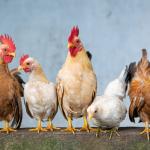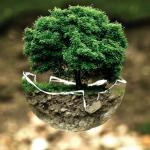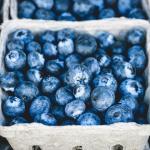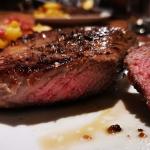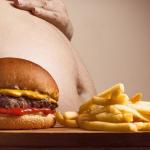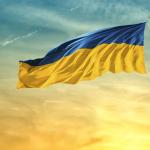“We were writing editorials back in ’15 calling for the use of HPAI vaccinations.”
Art Cullen, Pulitzer Prize-winning journalist
Food & Nutrition
Last November CNBC published an article by Harvard nutritional psychiatrist Uma Naidoo urging readers to “avoid these five foods to stay focused and sharp.” If that author and headline ring a bell, it's because ACSH published
Food production takes a toll on the environment.
We at ACSH never write articles about TikTok fashion celebrities or the benefits of sticking metal rods
The anti-GMO movement has lost much of its cultural relevance in recent years and it now appears that the political debate surrounding crop biotechnol
Words and phrases such as ‘natural,’ ‘healthy,’ ‘sustainable,’ ‘whole grain,’ ‘humane,’ and [the product of] ‘family farms’ are regularly used on food packaging.
Once the social justice movement began its rampage through our culture, it was only a matter of time before it came for the sciences, replacing well-established ideas with postmodern gobbledygook. Examples abound.
We've been told for many years that consuming diet soda encourages overeating.
